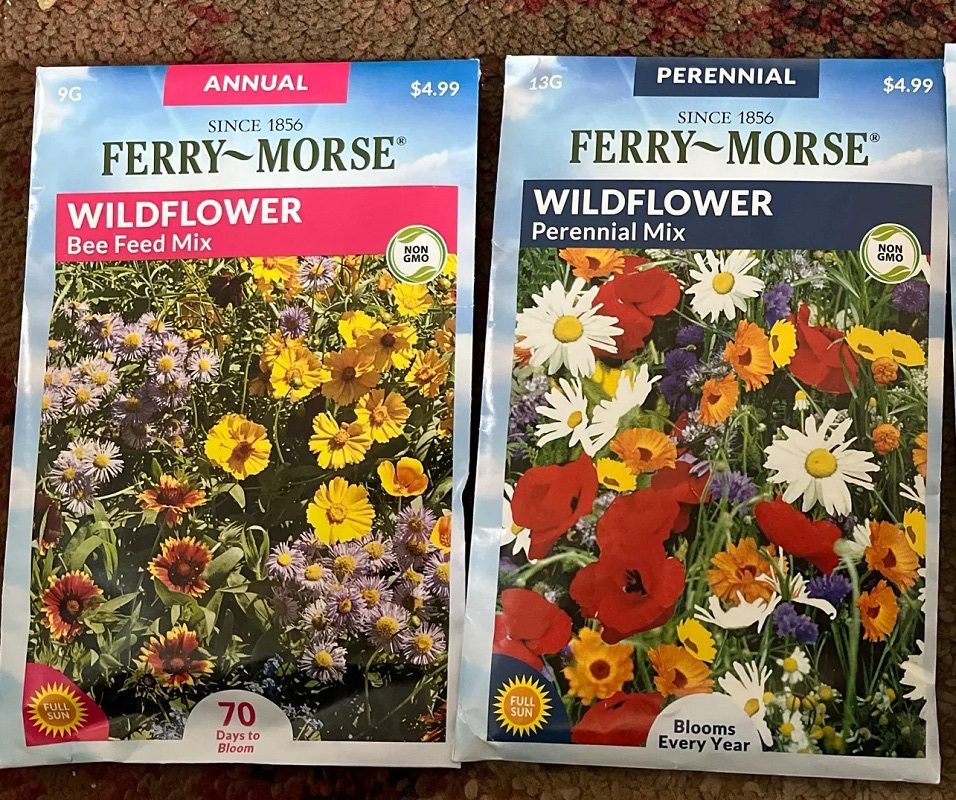A gardener who received seed mixes from a friend was hesitant to plant them because of the potential harm.
"I'm noticing some of the species included in these mixes are from Mediterranean regions as well as Europe," they wrote in r/NativePlantGardening. "I'm concerned the few natives in here aren't worth introducing non-native species to my yard. I honestly can't take the time to google every species listed on the back, but after looking up a few it's not looking ideal. Does anyone have any experience with these or anyone who is more fluent in the Latin names able to guide me?"


"I wouldn't trust that," one commenter said. "If a supplier isn't a native plant specialist their seed mix is likely pretty terrible. I recognized only one North American species on the list — Rudbeckia hirta. I really wish seed producers wouldn't market that stuff. Makes people think they're benefitting nature when they are possibly causing harm."
Others noted that the poster could plant the seeds in pots if they didn't want to waste the gift. And if they were concerned about invasive species, they could keep the flowers inside, as someone suggested.
Seed mixes can be problematic if they're not sold in the right regions. Companies may or may not care about this, as similar Reddit posts have shown. In one instance, a user called out a brand that diluted native seeds with others.
Native species are so important because they work in tandem with other native populations, as Treasures of Oz detailed. In the case of flowers and other plants, they attract insects that bolster our food supply and are prey for other wildlife. In addition to supporting pollinators, they filter water and prevent erosion.
With so many threats to native habitats these days, it's vital to protect the pockets of land we can control. In your yard, think about planting clover or buffalo grass instead of turf grass, which is often invasive. You can also rewild or xeriscape.
All these methods are a boon to the environment, and they'll even help you save money. Like native plants, they don't require as much water as alternative options that haven't adapted to the area. You'll also spend less time on maintenance, which you can use to spread the good word to friends and family — multiplying your impact and paving the way to a better future.
Join our free newsletter for easy tips to save more, waste less, and help yourself while helping the planet.









